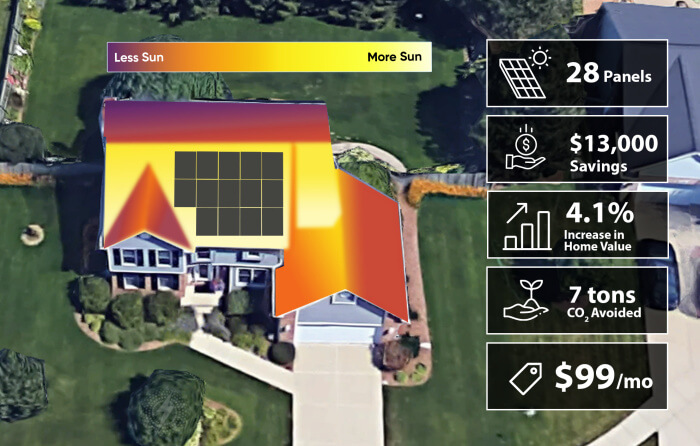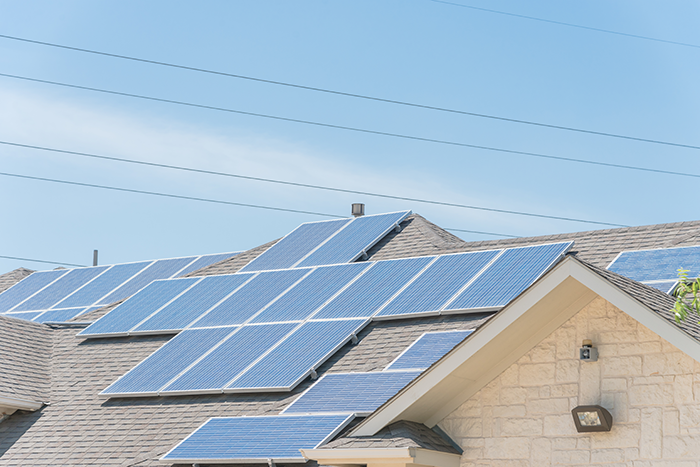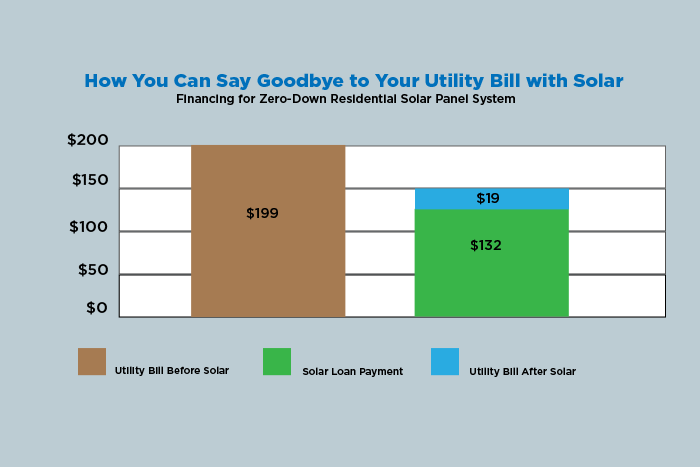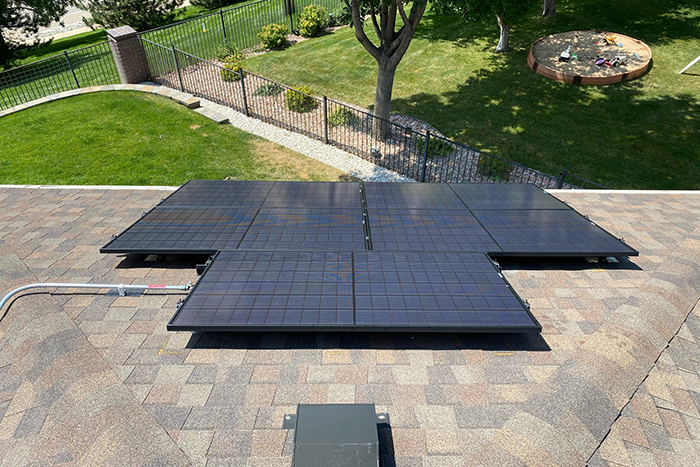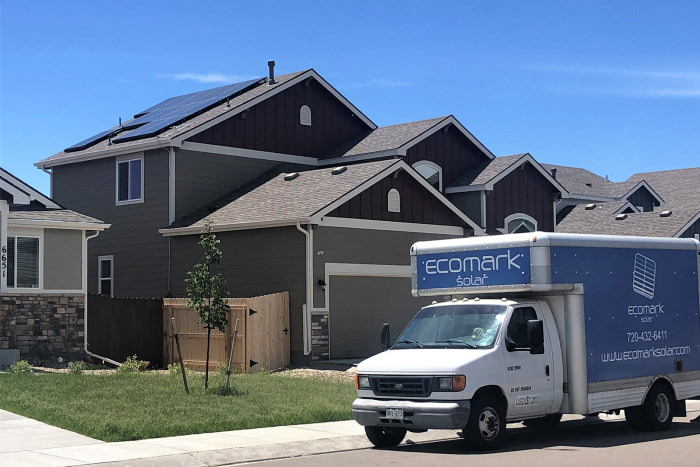How Much Does A Solar Panel System Cost?
What Is Included with Solar Panels Cost?
Five components go into calculating the cost of your solar panel system, including the equipment, the amount of solar you need, the design and installation, the permits and inspections, and finally, the incentives and tax credits available in your area. This page explains each of these variables.
1. The equipment
A solar panel system will include solar panels, mounting racks, array DC disconnect, inverter, monitoring system, battery, power meter, roof work (if needed), and electrical panel work (if required). Each component will affect the cost, performance, and efficiency of the whole.
You can study and evaluate panel efficiency, aesthetics, inverter capabilities, and battery capacity and choose the models you like. EcoMark will assess and recommend a complete system based on your energy needs, location, shade cover, hours of sun, and other factors based on our experience with 3500 installations in Colorado.
2. How much solar do you need?
If you know your current energy usage, you can calculate how much you’ll need to pay for solar panels. You can find the amount of energy you use each month on your utility bill. The Center for Sustainable Energy has developed an example that explains how the cost of solar is calculated. With installation, an average residential 5kW size system costs between $3 and $5 per watt, which results in the $15,000 to $25,000 range.
A solar panel typically produces about one kilowatt-hour (kWh) per day. The cost of a solar electric system is measured in dollars per watt. The average price for a residential system is currently $3-5 per watt. That means the average 5-kW residential system will cost $15,000-$25,000 before tax credits or incentives.
3. Design and Installation:
The solar panel installation process is as necessary as the solar panels. A quality installation will assure the efficiency, durability, and safety of your solar panel system. EcoMark Solar is licensed, insured, and certified to provide an installation following all best practices. Beyond these basics, EcoMark utilizes satellite data, 2021 CAD software, and the experience and expertise of our engineers to design your custom system.
EcoMark has completed over 3500 installations in Colorado, and we understand the requirements for a high-altitude climate. EcoMark has worked with all 17 Colorado Utility providers, and we know the different municipality installation specifications.
4. Permitting and inspection:
With the passage of HB21-1284 in June 2021, businesses and homeowners will receive transparent, fair and consistent solar installation permitting costs across the state. The bill sponsored by Alex Valdez, Representative for Colorado House District 5, and chair of the Energy and Environment Committee sets a limit on the aggregate of all charges or other related or associated fees any governmental body may impose or assess to install an active solar energy system of $500 for a residential permit and $1,000 for a commercial permit.
Increased Home Value
At $4,020 per kilowatt, a 5-kilowatt solar panel installation would add an average of $20,100 to the market value of a mid-sized US home. Or, in California, at $5,911 per kilowatt, a small 3.1-kilowatt system would add an average of $18,324 to the value of a mid-sized home. That’s an appreciable amount that homebuyers are
willing to pay. And a solar home’s selling price is typically 3.74% higher or more than comparable properties without solar.
The average rooftop solar installation and battery price is generally recouped in the home’s sale price. Plus, households purchasing solar win with lower energy bills!
How You Can Use Your Utility Bill to Pay for Your Solar Panels
With a solar panel system, you will immediately begin using the energy you are generating from the sun. Your utility bill will include your monthly connection fee and any addition energy you use. Your bill will be significantly less than before you installed solar. This example includes the original utility bill of $199.00 per month. After the solar installation this utility bill dropped to $19.00 per month.
The monthly payment for the solar panel system, with a $0 down payment, was $132.00 per month. Once the loan is paid the homeowner will pay only the $19.00 hook-up charge. This is what happens to a utility bill once solar panels are installed.
What Solar Incentives Are Available?
There are programs available to help offset or eliminate the costs of solar installation. There are a wide variety of incentives available to you as a solar energy generator.
The primary incentive is the Solar Investment Tax Credit (ITC), which provides a tax rebate of up to 26% of the up-front costs.
More specifically, the Colorado Springs municipal code makes customers eligible for a $0.20 per watt rebate.
Xcel Energy allows participation in the Solar Rewards program, where customers receive monthly payments in exchange for Renewable Energy Credits. And those are just two of the many incentives specific to Colorado, not to mention national incentive programs for Solar Energy Systems.
Leveraging national incentives, regional/municipal incentives, and the Solar Investment Tax Credit (ITC) can help reduce the cost of installation, and help mitigate the costs of upkeep significantly over time.

